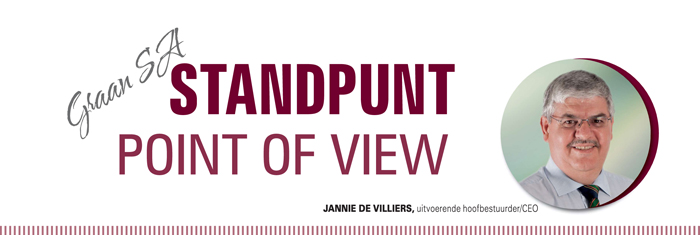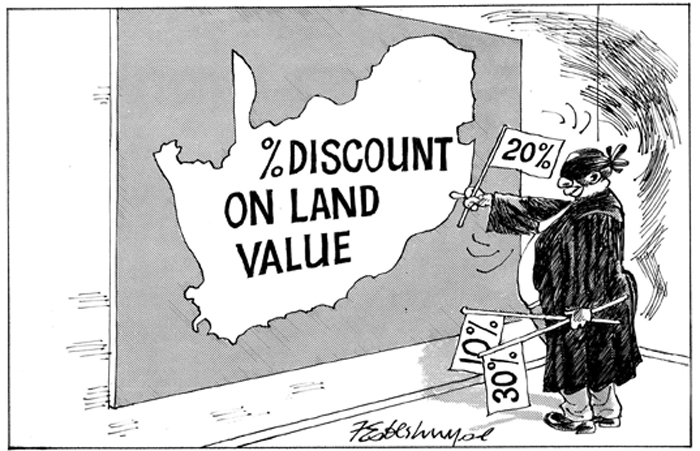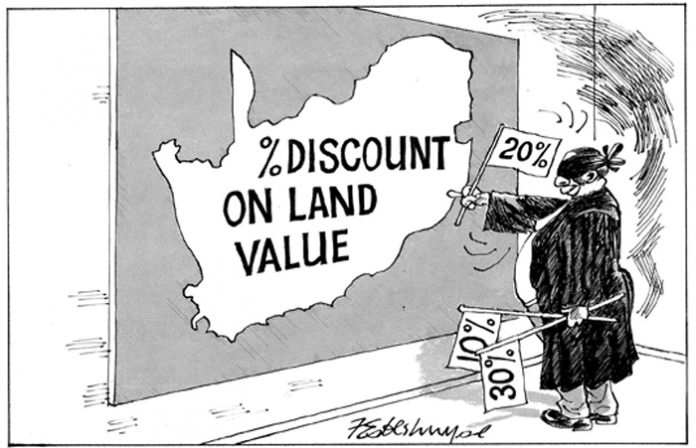November 2017
 JANNIE DE VILLIERS, uitvoerende hoofbestuurder/CEO
JANNIE DE VILLIERS, uitvoerende hoofbestuurder/CEO
The early rains in the north makes one feel somewhat guilty when you think of the Western Cape where people are wondering daily how their dams are going to get full and how they are going to survive the season without water. It has been a long time since there was so much uncertainty in the market before planting.
What are we to do? That we should plant less is certain, but how much less and what should we plant more of? These are the debates around the camp fires. Grain SA and all other role-players in the market can give advice, but you are the only one who can make the final decision. It is quite a desolate place to be when such a decision must be taken. The early rains just accelerated everything.
During the past month there was a very important land reform court case in which Grain SA was involved via Agri SA. The case was an appeal against a verdict that the market value of land expropriated for land reform, was arbitrarily reduced by 20% by the judge as the landowner’s so-called contribution towards land reform.
The question of what the Constitution implies to be a fair and equitable remuneration, has by far not yet been resolved, but it is not just a thumb suck discount on the market value; that is for sure!
The way the governing party handles the succession of leadership, will have a massive influence on the number of votes it will get in 2019. This number of votes will determine whether they will again have the sole opportunity to govern the country or whether they will have to do it in coalition with another party.
This is exactly where the problem lies. Is it going to be a blue or a red coalition? This coalition move can be the determining factor for agricultural land and other property rights in South Africa. A blue coalition will most likely not want to change the Constitution and a red coalition will hopefully not obtain enough support to change it.
Nevertheless, those remain a big risk. There is continuous speculation about it. What all these scenarios tell me, is: Plan for everything, but to leave the country, is still not an option.
While writing this article, the 2017 Agri SA Congress was imminent. It seems as if this spirit of discord has not only taken hold of our political leaders, but is also rearing its head in organised agriculture.
Is there then no place left where matters can just be normal? Possibly not. When the pressure in our household became high, we always warned everybody to be kind to one another. This rule surely also applies to organised agriculture. Let us not attack each other while Rome is burning.
My concern is that in the process we might lose leaders who simply do not feel up to giving their own time and energy (for free) to engage not only with government daily, but also with colleagues in own ranks. That is exhausting.
I wonder how long it would take our own vice-president Ramaphosa to possibly also decide that it is much more pleasant to sit under the trees watching his buffaloes’ horns grow rather than carry the burden of a country and its peoples’ woes from day to day. Let us hope he endures!

Publication: November 2017
Section: Features

















